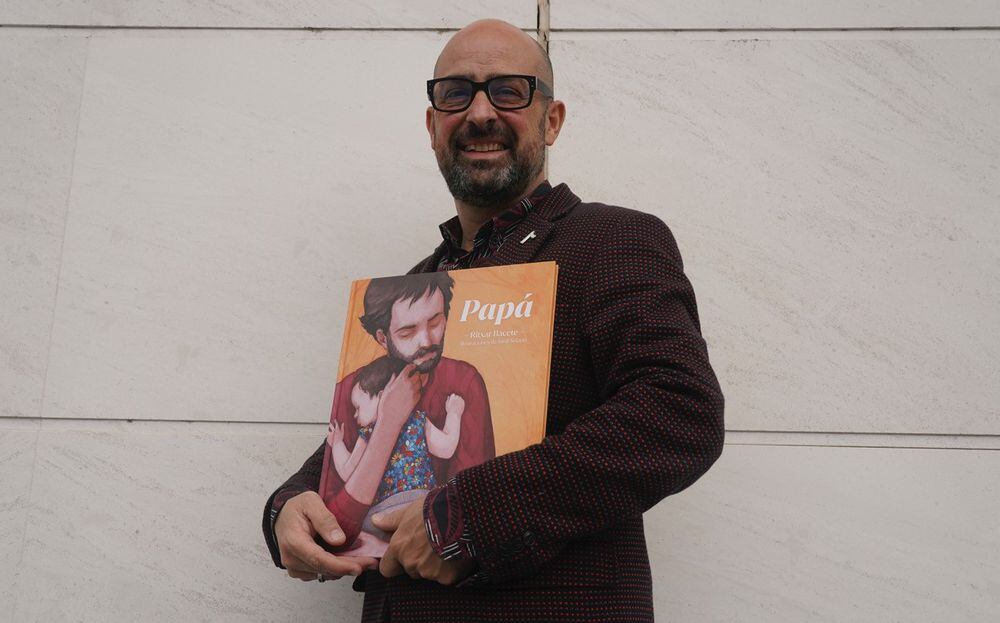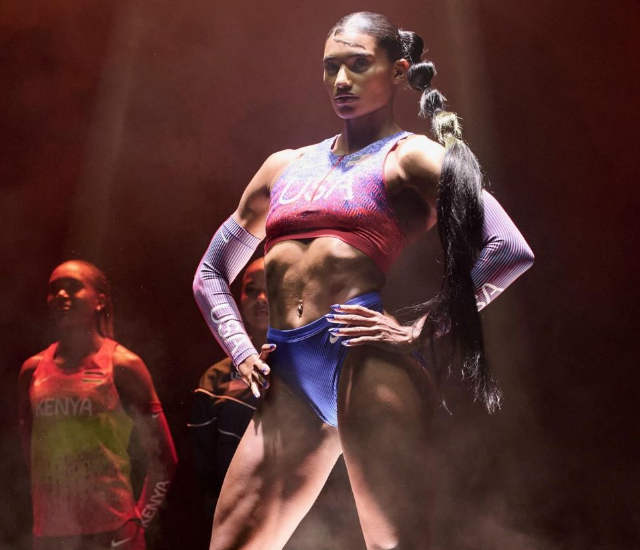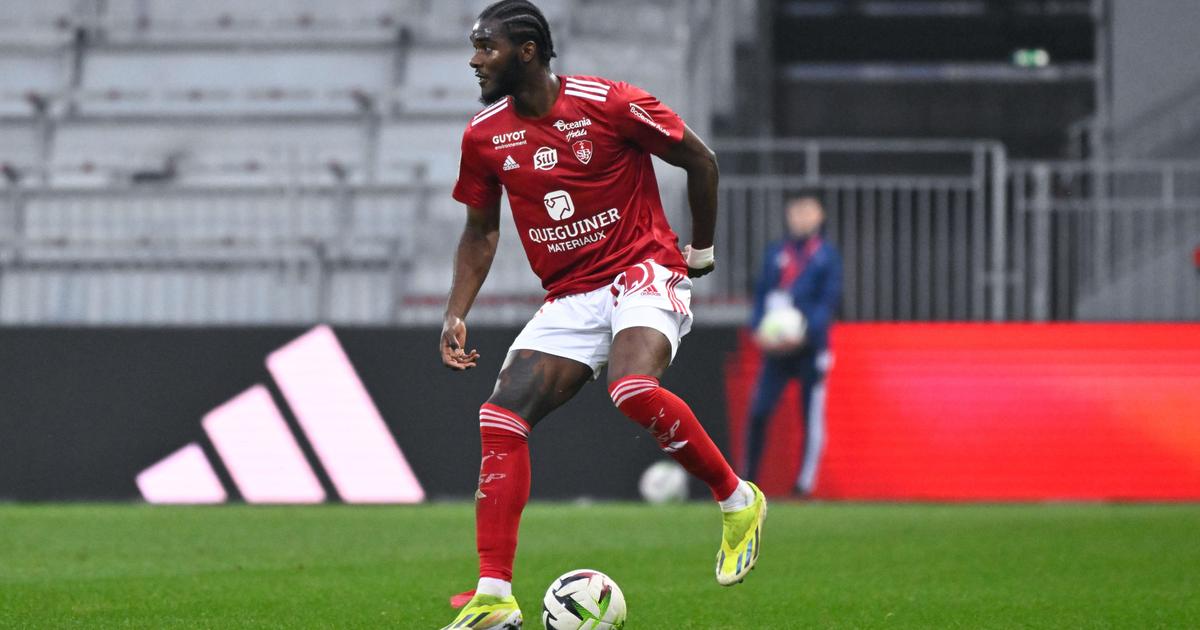"Can we talk on Skype and so we can see our faces?", Asks Ritxar Bacete (Vitoria-Gasteiz, 1973), writer, anthropologist, social worker and specialist in gender, masculinities, on the other end of the phone, after the formalities of rigor. , feminism, equality policies and positive parenting.
We move the conversation to the laptop screen, to a new form of face to face, even if it is with two electronic devices and almost 400 kilometers in between.
This need to see the interlocutor when talking about fatherhood arises from his romantic idea of
compadres
.
"I fantasize that parents are able to open powerful conversations with other parents about parenting issues, honest dialogues in which we talk about feelings, about the lights and shadows of the experience," he says.
More information
"Parents will take their permission if it is non-transferable, paid 100% and if no cheating prevents them"
Have motherhood and fatherhood gotten out of hand?
Fantasy, he says, is closer after the pandemic and the confinements that, in his opinion, have given us an opportunity to get out of our bubbles, to occupy spaces in the care of children and to begin to turn those spaces into hegemonic models of paternity.
"Confinement has been an opportunity to rethink parenting, but not from theory, but from practice, from care, from housework," he says.
In this regard, he assures that in these months he has begun to establish intense and expressive conversations about fatherhood with parents that at first one would not say that they are the model of fatherhood to which he aspires.
“They all arrive with the same narrative, with stress, with symptoms of what Betty Friedan called
the malaise of women
.
A proof that something is changing are those discomforts of men, how we begin to feel bad because we do not get to everything, because we do everything by halves.
As my partner says: welcome to the world of motherhood ”.
He also has other fathers who thought they were good fathers, co-responsible men, but who, with confinement, have realized that they were far from being so.
"Many of us have realized in these months what daily management is and we have discovered our sons and daughters in the nuances, in moments of tension, not only in weekend leisure."
The Italian philosopher Luigi Zoja already wrote it in
The gesture of Héctor
(Taurus): “to be a father it is not enough to know what the father is: you need to know the son and the relationship with him”.
QUESTION.
I suppose that the lack of references will have a lot to do with this discovery.
In our lives and in literature.
ANSWER.
It's that we've tiptoed through the experience of parenthood.
And that is due in part to the patriarchal model that hardly creates a bond with children and has nothing to tell.
Moreover, this model is often only told from the perspective of the children, of the pain they felt, as in the case of Kafka and his letters to the father, which I collect in the book.
There are much more pains that fatherhood has produced than sincere and deep dialogues about the impact that fatherhood has had on men.
But I am sure that these dialogues will begin to emerge now, that we will begin to rewrite fatherhood and have references to the extent that there is a bond with the children, that there is
chicha
, that there are lights and shadows over the to ponder.
From this search for references his new title arises,
Papá
(Baobab), an illustrated album halfway between literature and the informative book with which Ritxar Bacete delves into 25 models of fatherhood through characters (real and fictional) more or less known in history.
From the man from Atapuerca, to Darth Vader or Gru (My favorite villain), through John Lennon or Barack Obama.
“I have done historical research to write this book from a perspective not only of cold data on fatherhood, but also resorting to ethnography, anthropology, a more holistic view of what the figure of the male associated with procreation at different times in history.
It has been something fascinating, because the history of fatherhood is not written, it is incredible that something so fundamental to understand the patriarchal world in which we live, such as the figure of the father, has hardly been studied ”, he reflects.
"This idea of being able to be vulnerable is one of the essential elements of the appropriation of fatherhood by men"
From this research, the writer has drawn a conclusion: that if the evolution of fatherhood throughout history were represented by a graph, this representation would have the shape of the teeth of a saw.
Parenthood is a career full of evolutions and involutions.
Some very recent.
“Industrialization was fundamental to uproot men from any possibility of generating a bond with their children.
We cannot forget that well into the twentieth century, men worked in industry seven days a week and were only left free time on Sunday mornings to go to mass.
That meant turning men, through "ganapán", into a strange being within their own family, "he says.
Today, according to the author, we are experiencing a rebirth of present fatherhood.
There have been others.
In fact, Bacete's obsession has been to “seek dissent” in the middle of the patriarchy, to find references in the middle of that hegemonic model that has always been closer to the almighty father, absent, emblem of discipline, oblivious to any sign of affection and complicity.
The same thing happens, according to the expert, with the hegemonic model of masculinity.
“Surely when we talk about masculinity, the classic and toxic model continues to have more force;
But, if we talk about fatherhood, I believe that there is a greater opportunity for transformation, which is where much more profound changes are taking place.
If there is a school for the reeducation of toxic masculinity that is the exercise of conscious, peaceful and present fatherhood ”, he argues.
P.
To investigate this model of conscious, peaceful and present fatherhood, you go back to Atapuerca.
A.
In an investigation led by Juan Luis Arsuaga in Atapuerca, the remains of a girl who lived until she was 8 or 9 years old were found with a terrible disability, which would cause her great pain and which probably would not allow her to walk.
Half a million years ago, the clan cared for her long enough for her to have a decent life.
And for that process of care to take place there had to be a man (we do not know if the father or a leader, but a man after all), which shows that our ancestors were already there, caring.
Q.
I can't help wondering what that man from Atapuerca would feel.
R.
Well, it is very likely that in that early humanity that man felt the same as you and me.
And I tell you that it is very likely because that is biological, something that activates all the hormones and that makes you want to be there.
Luckily we haven't changed that much.
There is a line that goes from that Palaeolithic man to my father Manuel, who was born in 1942 in Castilla la Mancha and who closes the book.
Q.
Another very significant example that you address in the book is that of Akhenaten.
R. He
is one of the characters that has fascinated me the most to understand current fatherhood.
And it is very curious, since although he was a pharaoh, we hardly know him, but nevertheless his wife, Nefertiti, and his son, Tutankhamun, are familiar to us all.
Akhenaten is the oldest representation of a male human being caring for a creature that has survived to this day.
And he is possibly the first egalitarian father in history.
In the stone representations found, they always draw him at the same level as his partner, under equal conditions.
And on the walls of his temple were multiple drawings of his daughters, indicating that they were very present in everyday life.
A bit the same as many self-employed workers today who work with our children running around, we already found it 3,500 years ago in a space of power.
P.
I was surprised, as unknown, the story of John Lennon.
R.
John Lennon is a very interesting icon of the lights and shadows of fatherhood, of the ghosts that many men have grown up with and lived with, having been socialized in a limited way, without developing the expressive part of our life, denying vulnerability.
Lennon is an example of how parenthood can heal you.
The second parenthood caused him to take better care of himself, to give up drugs and alcohol, to suddenly look in the mirror and see a human being transformed by the care of his son.
It is the transforming power of fatherhood.
To the point that in the case of John Lennon, this experience involved a change of roles with Yoko Ono, a questioning of the power and role of men as a provider that took place in a dynamic relationship with the empowerment of women.
P.
Zoja highlighted an aspect of Héctor's father figure: that, unlike what had been normal (still today), to give strength to the past to make it an unattainable model, this hero prays to the gods to grant him what On the contrary, that his son becomes stronger than him.
I like to think that this is what we are doing with our children, although with another sense of the force concept.
R.
Of course.
We have hundreds of publications that value the empowerment of girls, but what about boys?
Boys need strength, power and courage to face the toxic masculinity that is still present and that they themselves suffer when they decide to wear a certain color dress or paint their nails.
Another thing is that we have to redefine the idea of strength, courage and power, but the transition of men towards more egalitarian models does not have to mean abandoning qualities that are fundamental.
Q.
You have to have courage and power to make another gesture that is attributed to the hero of mythology: take off your armor.
It still costs us today.
Even if it is metaphorically.
A.
My father never told me that he loved me.
And it is not trivial that he writes it in the book, because I know he is going to read it to him and I am shaking just thinking about it.
That idea of being able to be vulnerable, of a father who is not afraid to cry and show his feelings, of a father who accepts defeat with nobility like Aeneas, that undressing and removing your armor, is one of the fundamental elements of the appropriation of fatherhood on the part of men.
You can follow De mamas & de papas on
,
or subscribe here to the
Newsletter
.


/cloudfront-eu-central-1.images.arcpublishing.com/prisa/HMWBQUP7WBCINF5UYMYS55EYF4.jpg)










/cloudfront-eu-central-1.images.arcpublishing.com/prisa/B7F2F3HZ2JCUHDZJKAGKAXXPSU.jpg)